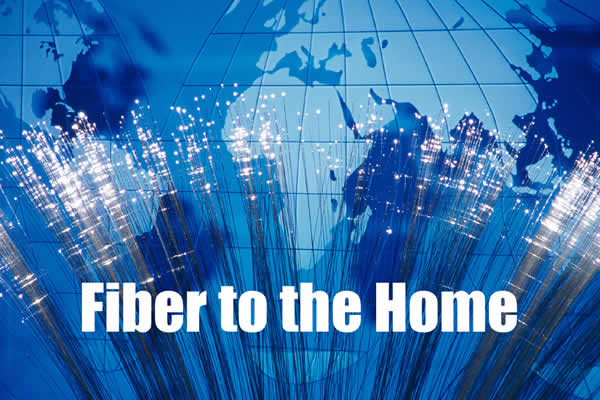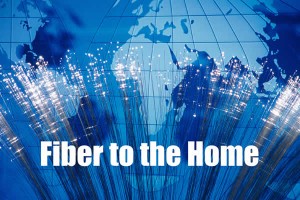ipNX Nigeria has announced it intends to deploy a Fibre to the Home (FTTH) network to two million homes in Nigeria, covering Lagos, Abuja and Port Harcourt by 2017. It commenced this in 2012, followed by projects 500,000 households in 2015 and 2 million in 2017.
Fibre-to-the-home (FTTH) refers to a form of fibre optic cable technology that extends fibre optic cables from the network operator’s central office to a subscriber’s residence or business.
The Head of Strategic Marketing, iPNX, Kazeem Shitu, said services from the FTTH network will be launched under the brand name FoS (Fibre optic Services).
FoS is currently available in selected areas of Lagos Island, Victoria Island, Ikoyi and Lekki, adding that the service will be commercially offered to an initial 50,000 households and businesses within these areas as well as customers in Ikeja, Apapa and Surulere from November, 2013. “ipNX FoS is a ‘quad play’ broadband FTTH service that will offer customers combination of high speed internet, fixed telephony service, IP-Television and Video Surveillance all bundled over the fibre optic network platform.”
“This service which is the first of its type anywhere in the country is set to propel Nigeria into the select league of countries that can boast of having the true next generation broadband network.”
“Once in the subscriber’s home, the signal can be conveyed in any number of ways including wireless (Wifi) or twisted pair to simultaneously reach various IP-enabled devices.”
“With guaranteed speeds starting from 4Mbps (megabits per second), FoS allows users to access the internet at speeds at least 10 times faster than 3G, WiMAX-4G or DSL while also making it possible to carry out multimedia communications such as cable television, video conferencing and video surveillance etc.”
“These are surely good signs for the ICT industry in Nigeria especially for the Ministry of Communications Technology and Nigerian Communications Commission that have been in the fore front driving the growth of broadband penetration in Nigeria that is currently estimated at less than 5%. Industry analysts have attributed part of this low penetration to the paucity of local access infrastructure (commonly referred to as last mile) which is the gap that ipNX’s FTTH roll-out is clearly going to help close.”



